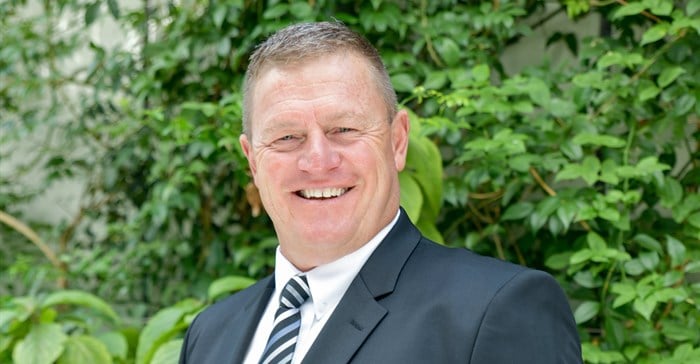
Top stories






More news

ESG & Sustainability
#AGES2026: How to back Africa's next-gen green and blue entrepreneurs















Logistics & Transport
#Budget2026: Road freight logistics and what it means for consumers


A spurt in domestic consumer demand and a restrained inflation increase are further factors resulting in a record year for the country from a macro-economic perspective.
The global demand for commodities works in favour of the rand, also increasing export earnings, while oil imports plummeted during lockdown.
Global inflation, however, should be kept top of mind as it appears global growth has peaked and will likely start to decline, while the energy crisis in Europe and global supply-chain bottlenecks are already promoting global inflation.
In addition, global trade is decelerating, and global monetary policy will consequently lead to higher interest rates.
Taking population growth and productivity growth into consideration, South Africa should be able to achieve a real economic growth of 2,5%.
However, there are certain factors working against this target which are likely to result in the economic growth in 2022 being less than half of that attained in 2021.
Realistically, we can expect an average real growth of about 1,5% as has been the case over the past decade.
This does not bode well for employment, since the formal sector has already lost 1.5m jobs in the wake of the pandemic, and further pressure on employment could increase the risk of both social and political unrest.
Policy certainty is a critical necessity for South Africa, particularly with regards to strategic issues where policy needs to be divorced from political influencers and based solely on economic realities.
Ideally, South Africa requires a significant overhaul of the current inflexible labour laws, realistic strategies for alternative versus carbon-based energy, stable and reliable energy supplies, and an end to the uncertainty surrounding land ownership with a definitive spectrum auction.
In the investment arena, global inflation remains in the spotlight.
If central banks resort to tighter monetary policy because of inflation, rates might need to be increased earlier or faster than currently anticipated and consequently, risk markets will experience a risk-free rate shock.
It is uncertain whether quantitative easing can be removed from the system without causing a collapse in global growth or asset valuations.
Central bank balance sheets have reached unprecedented levels and need to be capped and reduced.
Equities have reached new heights thanks to a surge in earnings and equity valuations have therefore been re-rated lower: good news for the central bank reflationary strategy, though further earnings growth is needed to prevent risk-reversals.
The pandemic significantly hindered any solid investment or new business opportunities, including property-related investments.
Investors have therefore tended to stick to listed markets, also preferring well-structured, long-term investment solutions.
In terms of the rand’s prospects for 2022, we can expect marked fluctuations related to the prices of specific commodities.
Industrial metals are considered a driving factor of global growth, and South Africa as a commodity-exporting country, is subject to global growth dynamics.
Strength in base metals will lead to a stronger rand that is relatively unaffected by the macro-fundamentals of either the country or the economy.
However, any deceleration of global growth will lead to concomitant weakness of the rand as demand for commodities declines.